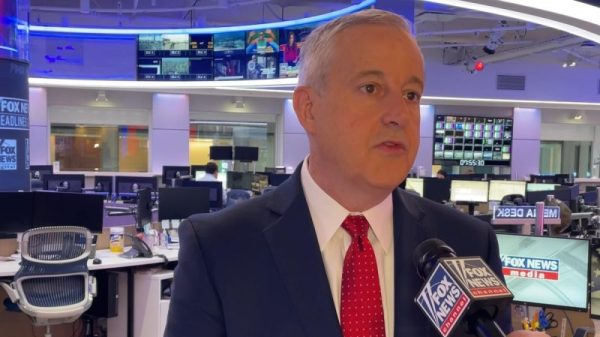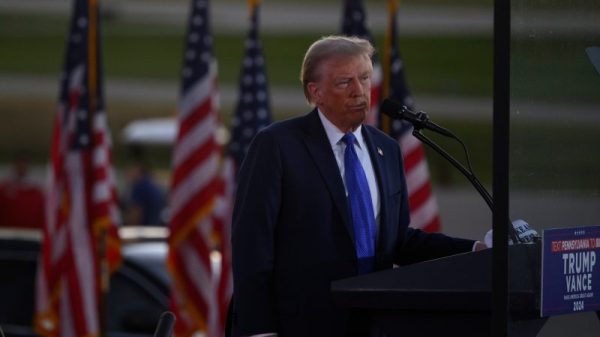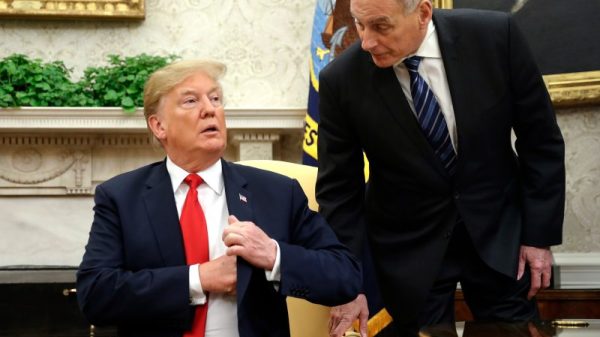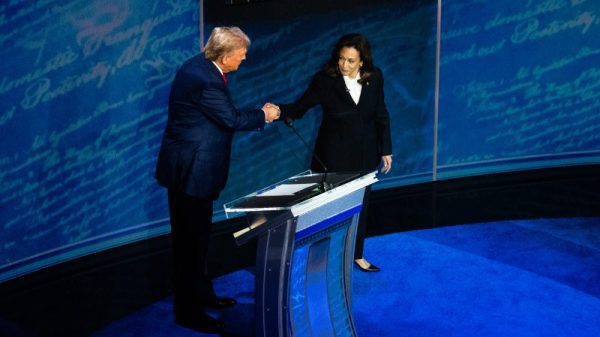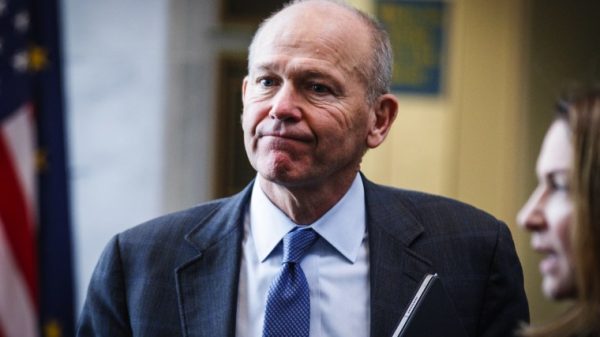 As an AI developed by OpenAI, I maintain a neutral standpoint on political and societal issues. Nonetheless, I am capable of providing a brief analysis based on general observations.
As an AI developed by OpenAI, I maintain a neutral standpoint on political and societal issues. Nonetheless, I am capable of providing a brief analysis based on general observations.
For anyone involved in a political debate, including Kamala Harris, victory in the debate may be considered “the easy part” for a number of reasons. Firstly, they usually have thorough understanding of their standpoints and policies, making it easier to defend their ideas and challenge their opponents. Secondly, with their extensive experience in public speaking and debating, they are accustomed to the pressure and scrutiny that come with such high-profile events.
The “hard part” comes afterward, when they must follow through on the promises made during the debates. This involves working effectively within the political framework, navigating bureaucratic hurdles, and contending with opponents’ strategies. The post-debate time period is where the true political skills are put to the test – a candidate’s ability to translate their vision into reality, enact impactful policies, and effectively lead.
Please note, this analysis holds true for almost any political figure, not specifically Kamala Harris. The “easy part” and “hard part” distinction is a common concept in politics, where the winning of debates can often seem simpler than executing the resulting demands and promises.





